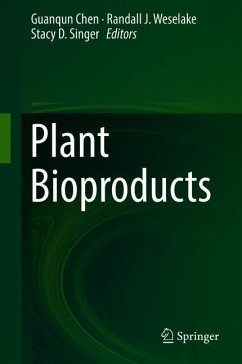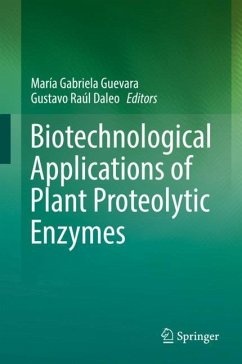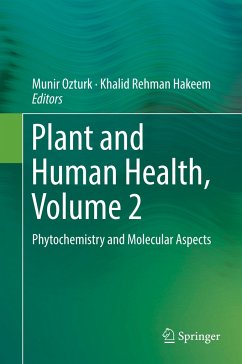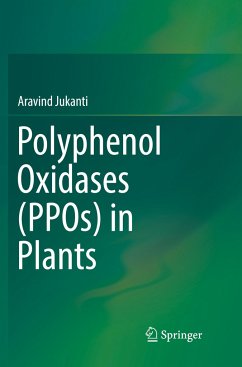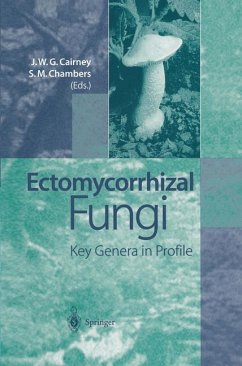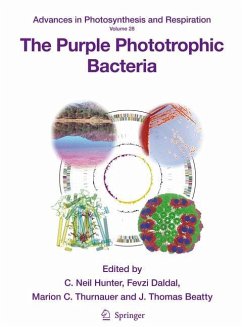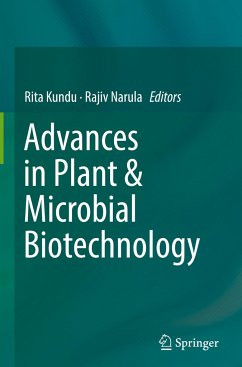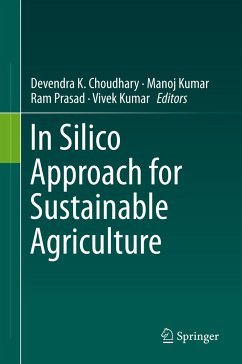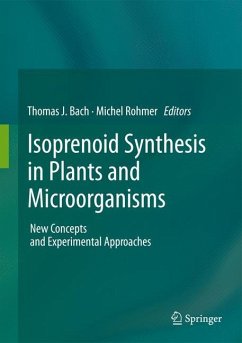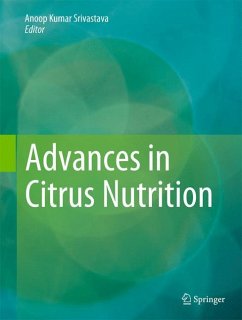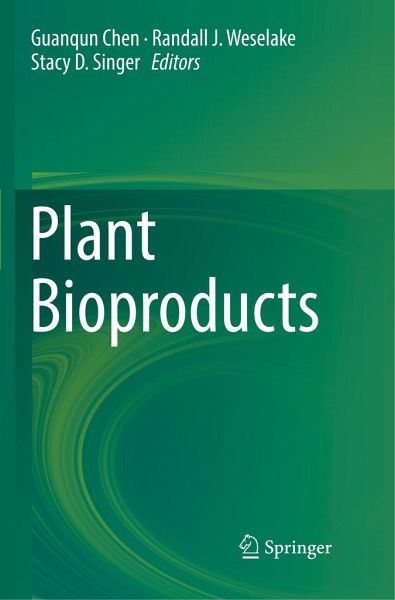
Plant Bioproducts
Versandkostenfrei!
Versandfertig in 6-10 Tagen
151,99 €
inkl. MwSt.

PAYBACK Punkte
76 °P sammeln!
Among the major challenges facing society today, seeking renewable alternatives to petroleum-based fuels and manufactured goods is critically important to reducing society's dependency on petroleum and tackling environmental issues associated with petroleum use. In recent years there has been considerable research targeted toward the development of plant-derived bioproducts to replace petrochemical feedstocks for both fuel and manufacturing. Plants not only provide a large amount of renewable biomass, but their biochemical diversity also offers many chemical and molecular tools for the product...
Among the major challenges facing society today, seeking renewable alternatives to petroleum-based fuels and manufactured goods is critically important to reducing society's dependency on petroleum and tackling environmental issues associated with petroleum use. In recent years there has been considerable research targeted toward the development of plant-derived bioproducts to replace petrochemical feedstocks for both fuel and manufacturing. Plants not only provide a large amount of renewable biomass, but their biochemical diversity also offers many chemical and molecular tools for the production of new products through biotechnology.
Plant Bioproducts is an introduction to the production and application of plant bioproducts, including biofuels, bioplastics, and biochemicals for the manufacturing sector. Contributing authors examine various bioproducts with respect to their basic chemistry, relationship to current petrochemical-based products,and strategies for their production in plants. Chapters cover the integrated roles of agronomy, plant breeding, biotechnology, and biorefining in the context of bioproduct development. Environmental, economic, ethical, and social issues surrounding bioproducts, including the use of genetically modified crops, challenges to food security, and consumer acceptance, are also covered.
Plant Bioproducts is an introduction to the production and application of plant bioproducts, including biofuels, bioplastics, and biochemicals for the manufacturing sector. Contributing authors examine various bioproducts with respect to their basic chemistry, relationship to current petrochemical-based products,and strategies for their production in plants. Chapters cover the integrated roles of agronomy, plant breeding, biotechnology, and biorefining in the context of bioproduct development. Environmental, economic, ethical, and social issues surrounding bioproducts, including the use of genetically modified crops, challenges to food security, and consumer acceptance, are also covered.



